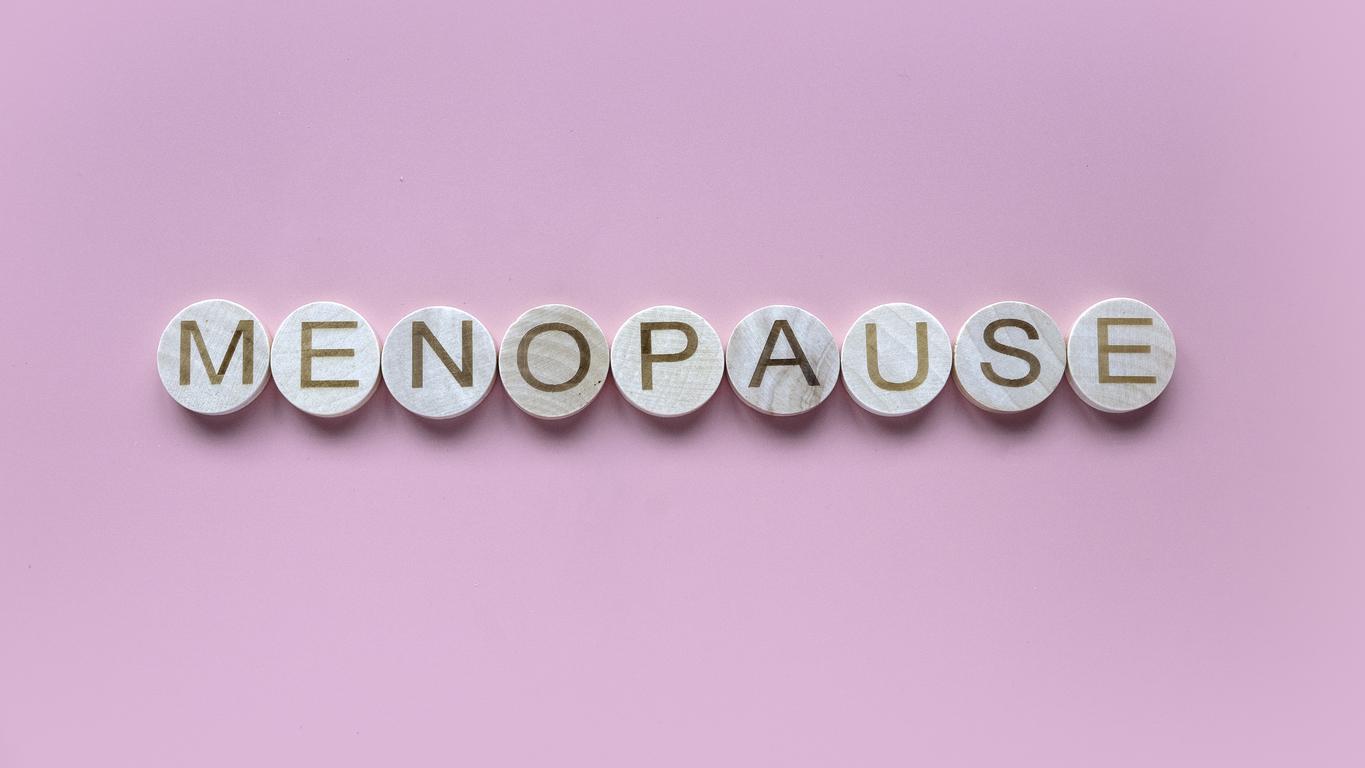Postmenopausal women with metabolic syndrome have less sexual activity and satisfaction. Cardiovascular disease also plays a role in desire.

Decreased desire, less sexual activity, symptoms often associated with menopause. Postmenopausal women with metabolic syndrome suffer from it more than others. A study published in The American Journal of Medicine analyzed the role of this syndrome and cardiovascular disease on the sexual health of older women.
Metabolic syndrome is a collection of metabolic dysfunctions. Among them, a large waist circumference, a high level of triglycerides (lipids in the body), hypertension, or even high blood sugar levels. The syndrome can be diagnosed when more than one of these signs is present. These people have a higher risk of developing type 2 diabetes or atherosclerosis (loss of elasticity in the arteries). A sedentary lifestyle and a poor diet promote the appearance of these anomalies.
Cardiovascular risks
Researchers from Elsevier Health Sciences have shown that these disorders also affect sexual function. The syndrome is thus associated with a decrease in sexual activity and satisfaction, as well as a weakened sexual desire. Until then, the main causes of decline in sexual health in women concerned psychosocial factors such as depression or marital status.
Scientists interviewed 376 postmenopausal women (73 years on average). Among the sexually active participants, they compared the level of desire, arousal, orgasm and satisfaction in their sex life. In addition to the metabolic syndrome, the authors of the study also looked at cardiovascular aspects. Results: Heart attacks, coronary bypass surgery, and angina pectoris are associated with less sexual activity. No consequence, however, on desire and satisfaction.
Decreased hormones
Conversely, women with reduced sexual activity are more likely to have coronary heart disease. In this pathology, blood circulation is restricted by the narrowing of the arteries of the heart. If one of the arteries becomes blocked, it can cause a myocardial infarction. In contrast, a previous diagnosis of heart failure, poor blood circulation or stroke has no effect on women’s sexual function.
With the decline in sex hormones, the menopause period is conducive to sexual dysfunction. Added to this is a reduction in estrogen, which is accompanied by cardiovascular risks. The whole thing would work against the sexual health of post-menopausal women.
.

















